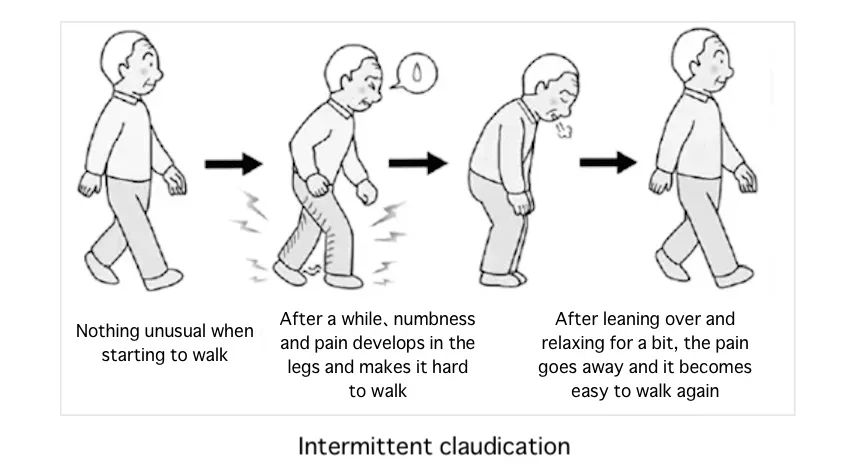November 22, 2022

Lumbar spinal canal stenosis typically does not cause severe lower back pain, and symptoms are often minimal when in a resting position.
The main symptoms are numbness and motion difficulties in the limbs.
Examples include:
• Difficulty using chopsticks
• Trouble writing
• Difficulty fastening buttons
In addition, symptoms such as:
• Difficulty walking or unsteadiness
• Trouble climbing stairs
• Feeling unstable while moving
When stenosis occurs in the lumbar region, numbness and pain appear from the lower back down to the legs.
A very typical symptom is intermittent claudication:
While walking, pain or numbness appears in the buttocks or legs. After resting, symptoms improve, but they return as soon as walking resumes. Other common signs include discomfort or pain when bending backward
Recent research has shown that damage to the intervertebral discs plays a major role in the onset of stenosis.
Age-related disc degeneration, spondylolisthesis, or disc herniation can reduce the space in the spinal canal and compress nerves, leading to canal stenosis.
In other words, spinal canal stenosis often begins with a disc injury.
If you have any of the symptoms described above, early evaluation and treatment can help prevent aggravation from occurring.
ILC International Lumbago Clinic Tokyo



